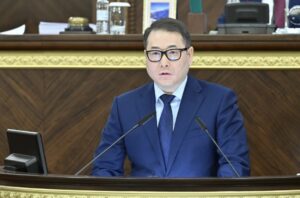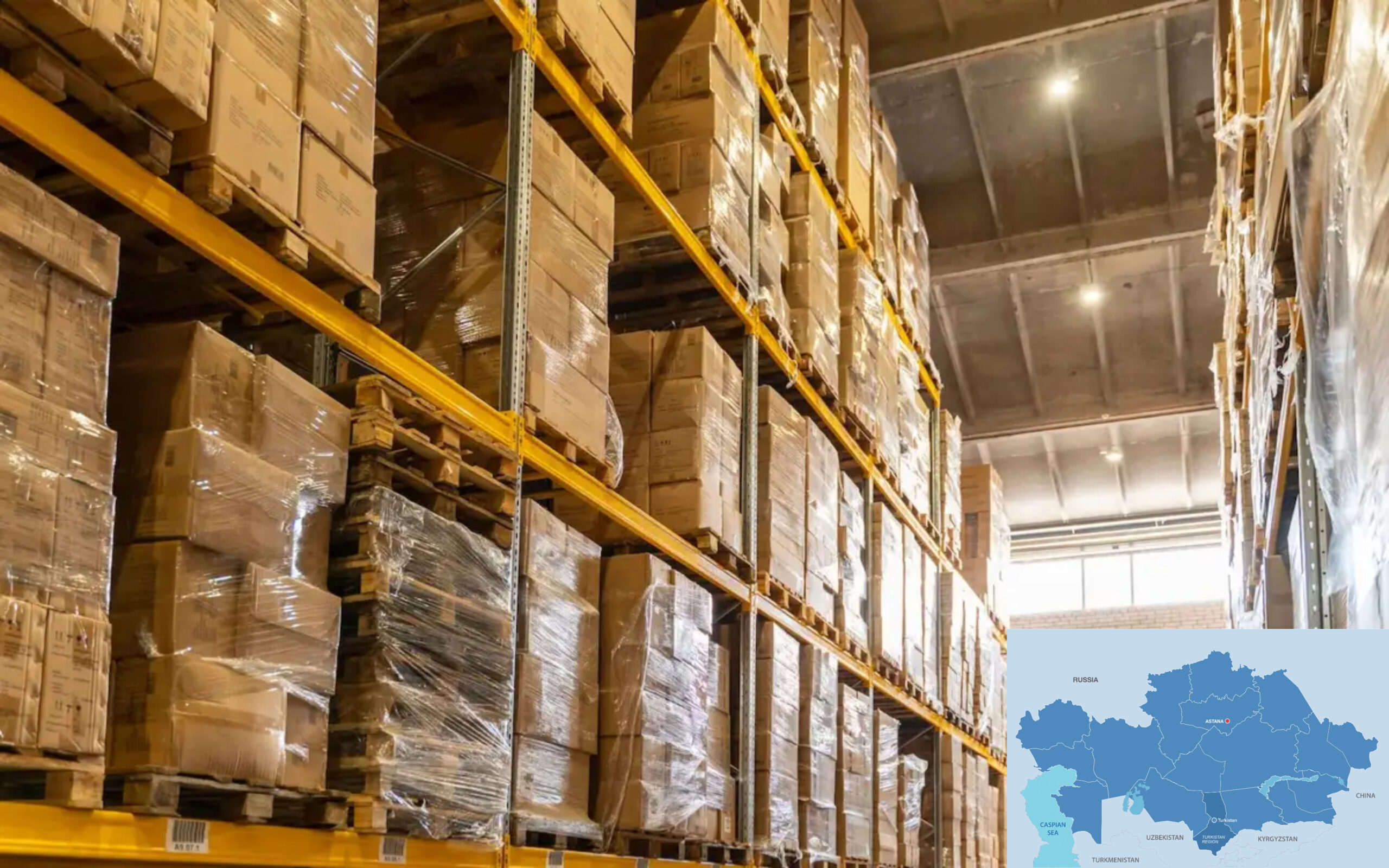ASTANA — Kazakhstan and Uzbekistan are taking steps to boost their economic ties. Deputies of Mazhilis, a lower house of the Kazakh Parliament, ratified an agreement to establish the Central Asia International Industrial Cooperation Center on their shared border.
According to Kazakh Minister of Trade and Integration Arman Shakkaliyev, the center on the border of Kazakhstan and Uzbekistan will become the Turan industrial zone. The government plans to attract an investor to manage the center’s agro-industrial and logistics infrastructure.

Arman Shakkaliyev. Photo credit: Kazakh Ministry of Trade and Integration
A joint venture between the main investor and a cooperative from the Turkistan Region will handle the organizational and administrative tasks. The industrial zone will have a quasi-state status, with specific legal obligations and rights, reported the ministry’s press service on Feb. 5.
According to the agreement, the center will cover 100 hectares, 50 of which will be allocated to Kazakhstan and 50 to Uzbekistan. A designated portion of the area will be granted the status of a regional industrial zone.
The center will include production sites, warehouses, and transport infrastructure to improve logistics, reduce costs, and foster production cooperation within the North-South corridor. The center’s infrastructure will be funded by extra-budgetary investments, with construction expected to be completed by 2026 and its official opening planned for 2027. The center will support various industries, including textiles, agriculture, and manufacturing, and is set to create new jobs and industries.
Also, the Global Textile company’s project for the production of finished textile products will be implemented here.
By implementing a detailed plan, Kazakhstan and Uzbekistan are working on increasing their trade turnover to $10 billion. The plan includes 34 joint projects worth $4.5 billion and seven trade contracts totaling approximately $300 million. The plan, already signed by the deputy prime ministers of both countries, outlines specific actions across various industries to achieve this trade goal.

